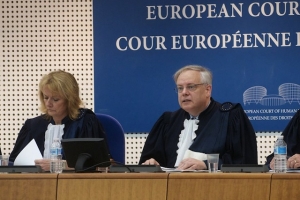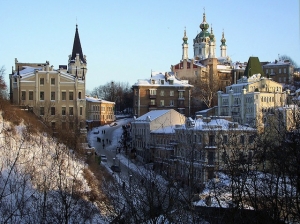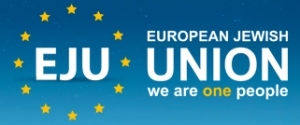Afficher les éléments par tag : Europe
Towards a European Consistency in Freedom of Religion or Belief
Since the fall of the Berlin Wall, the European Union and the Council of Europe have become increasingly prominent in the struggle with religious freedom in Europe and beyond. Three recent steps have confirmed the trend, exposing opportunities and liabilities inherent in the rise of European institutions as key actors in the interaction of law, politics, society and religion.
On 24 April 2013, in Strasbourg, the Parliamentary Assembly of the Council of Europe adopted Resolution N. 1928 (2013), ‘Safeguarding human rights in relation to religion and belief, and protecting religious communities from violence’. The Assembly warned against ‘the increasing occurrence of violent attacks against religious communities and individuals throughout the world on the basis of their religion or beliefs’ and noted that ‘there is not only physical, but also psychological violence against persons because of their religion or beliefs’. Representatives of national Parliaments to the Council of Europe therefore condemned ‘such violence in unequivocal terms’ (n. 1). Witnessing the growing conversation between European institutions, the Assembly also called on ‘the European Union, in its political dialogue with non-member countries, to enhance its monitoring of the situation of communities and individuals defined by religion or beliefs’ (n. 14).
Informations supplémentaires
- Auteur Marco Ventura
Le pluralisme religieux de l’Ukraine
L’Ukraine de la période post-soviétique présente une spécificité remarquable par rapport aux autres sociétés du monde slave ou orthodoxe. Son histoire et son passé récent y ont produit un large pluralisme religieux, officiellement protégé par la loi, mais pourtant source de conflits. Les nouvelles déclinaisons de la liberté religieuse et de la laïcité de l’État pourraient dès lors y être menacées par les pulsions uniformisatrices du pouvoir et des acteurs religieux eux-mêmes.
Informations supplémentaires
- Auteur Giuseppe Perri
The islamophobia in the European Union: something more than a religious issue
Forgetting the remote episodes that confronted Christians with Muslims along history, this work seeks to focus on the current presence of Islamic community in the EU, analyzing the attitude adopted by European society towards these groups. In this sense, we must observe the important evolution from the initial paternalism to the subsequent indifference that in recent years has turned into a mutual animosity. This situation is confirmed by several circles, which consider the advancement of Islam as a threat to the EU. Therefore, following this argument we can confirm that for a large part of the European people, Muslim values have no place in Western secular tradition.
Informations supplémentaires
- Auteur Sergio Castaño
Un Parlement juif européen en débat
A grand renfort de communication, un « Parlement juif européen » (European Jewish Parliament, European Jewish Union), composé de 120 membres issus de 47 pays, a été inauguré récemment à Bruxelles. Aussitôt, cette création a suscité une levée de boucliers dans les rangs de nombreuses organisations juives nationales et internationales — en particulier le Congrès juif mondial —, contestant la représentativité de ce Parlement, fustigeant son mode de désignation par Internet et son manque de transparence démocratique. Le rédacteur en chef de la revue Regards, Nicolas Zomersztajn, a ainsi constaté que, curieusement, sur les cinq représentants de la Belgique au Parlement, seul deux étaient belges… Cette polémique est il faut le dire révélatrice des tensions très vives qui agitent actuellement le monde juif : elle peut en réalité se décrypter sur deux plans distincts, interne et externe.
Informations supplémentaires
- Auteur Jean Philippe Schreiber









 MangoGem
MangoGem